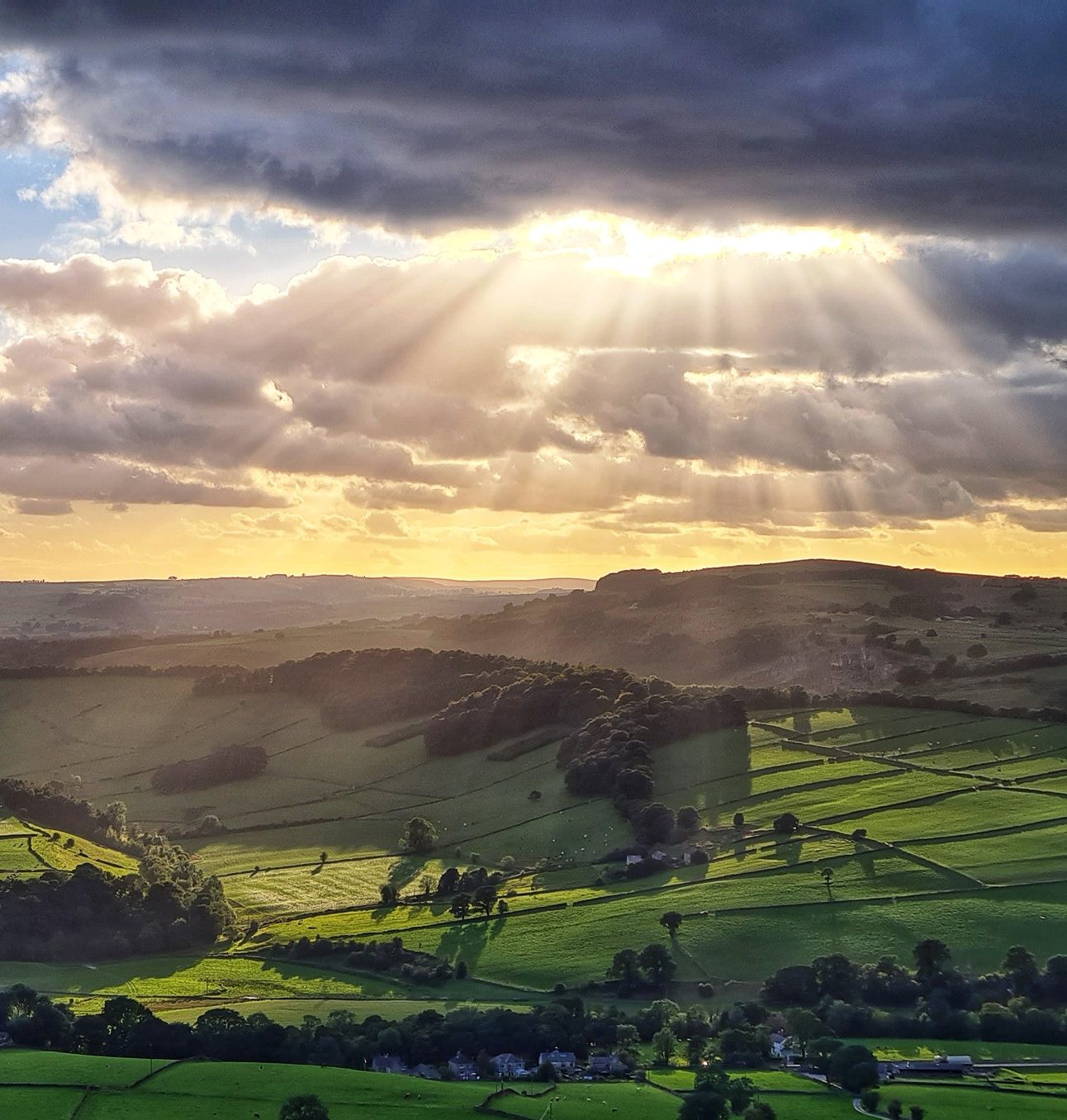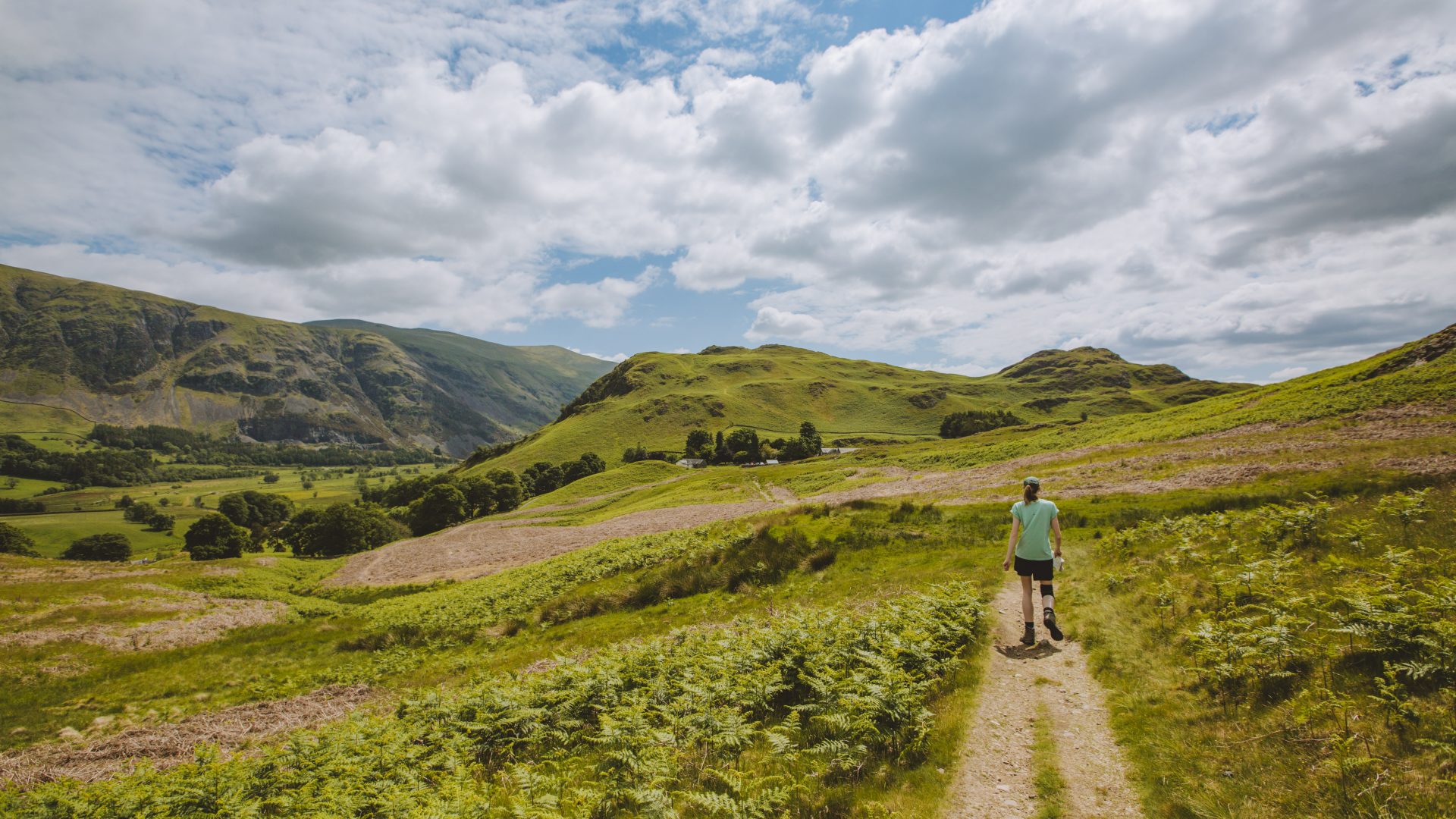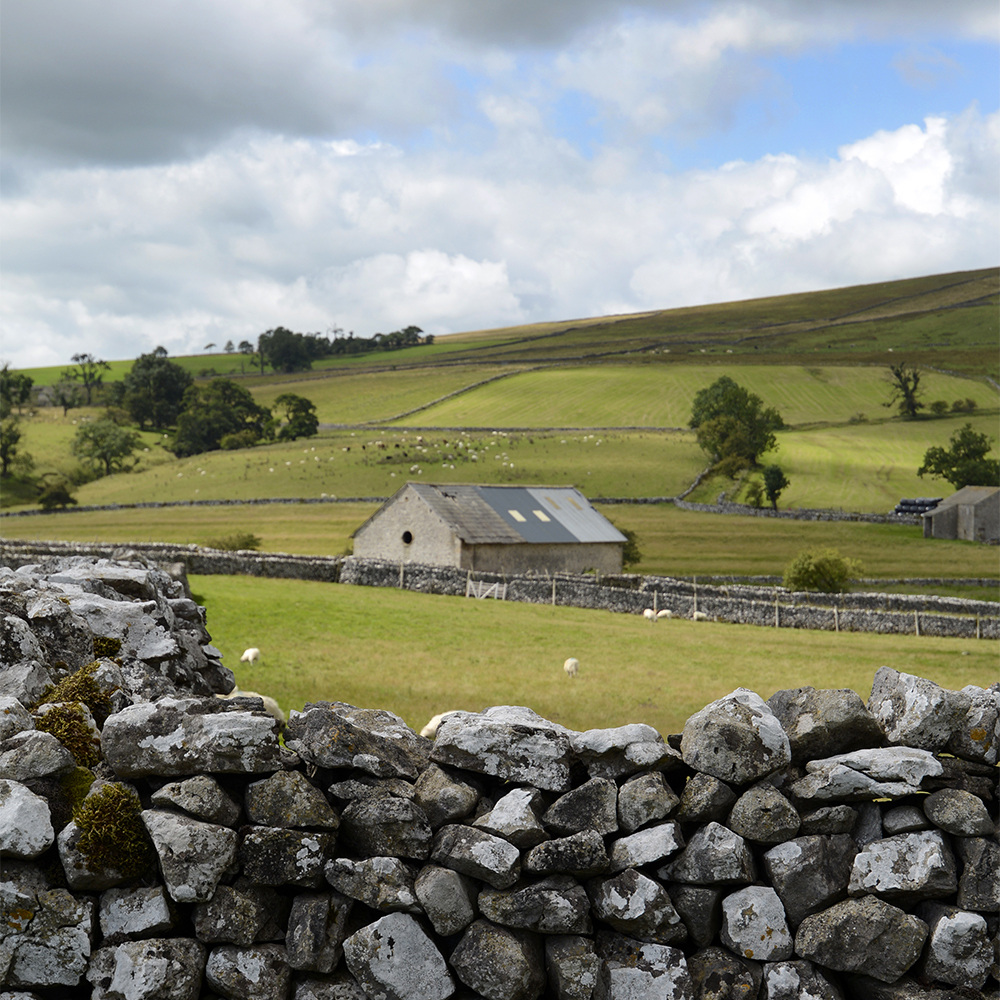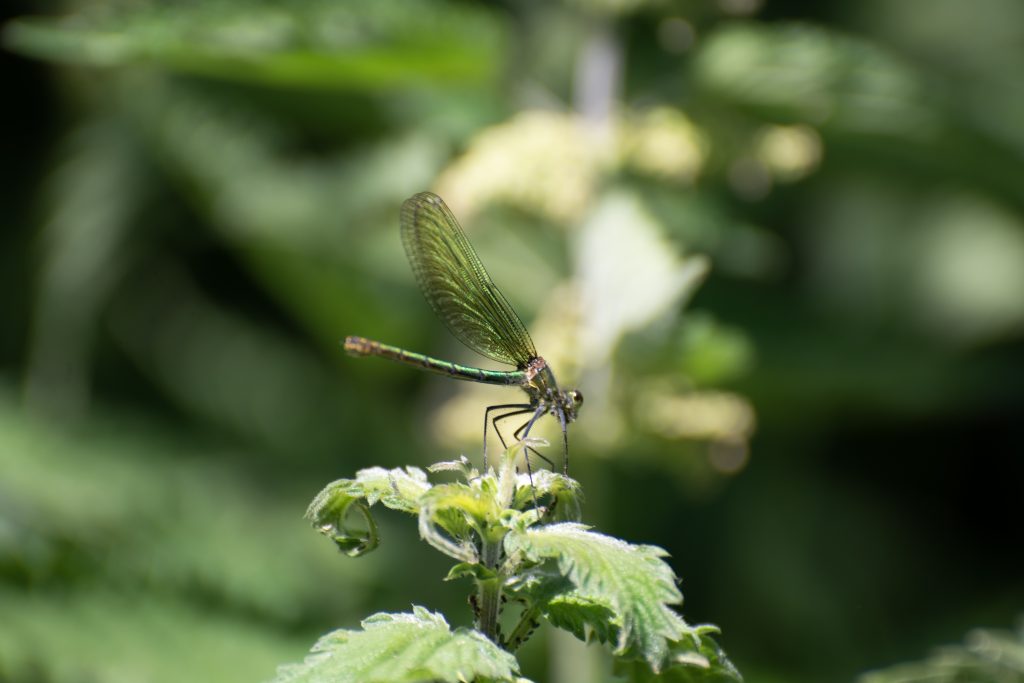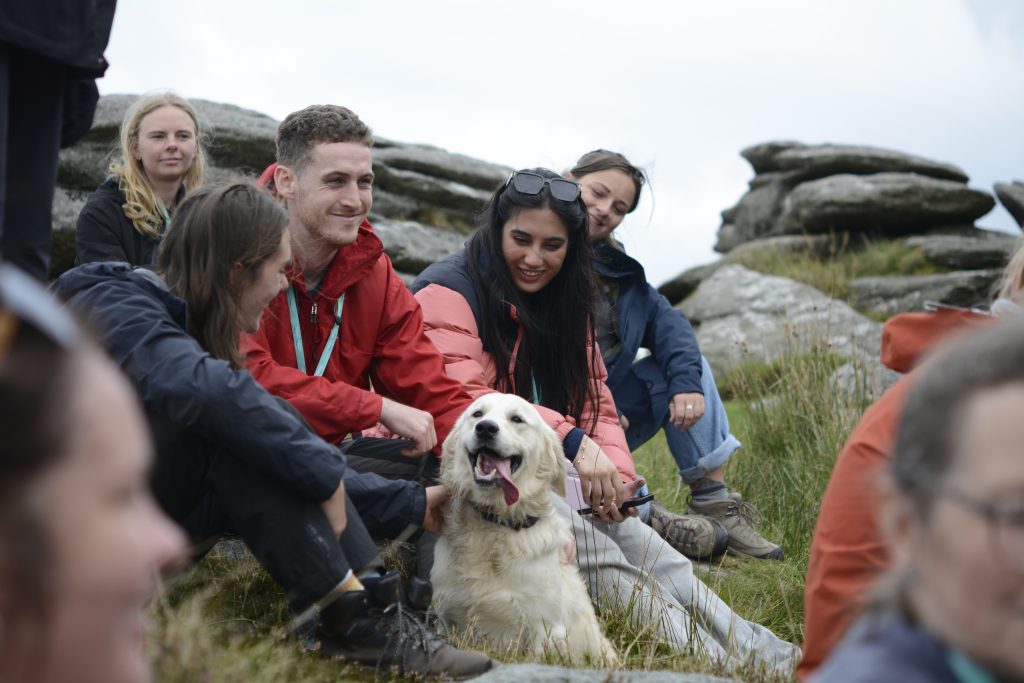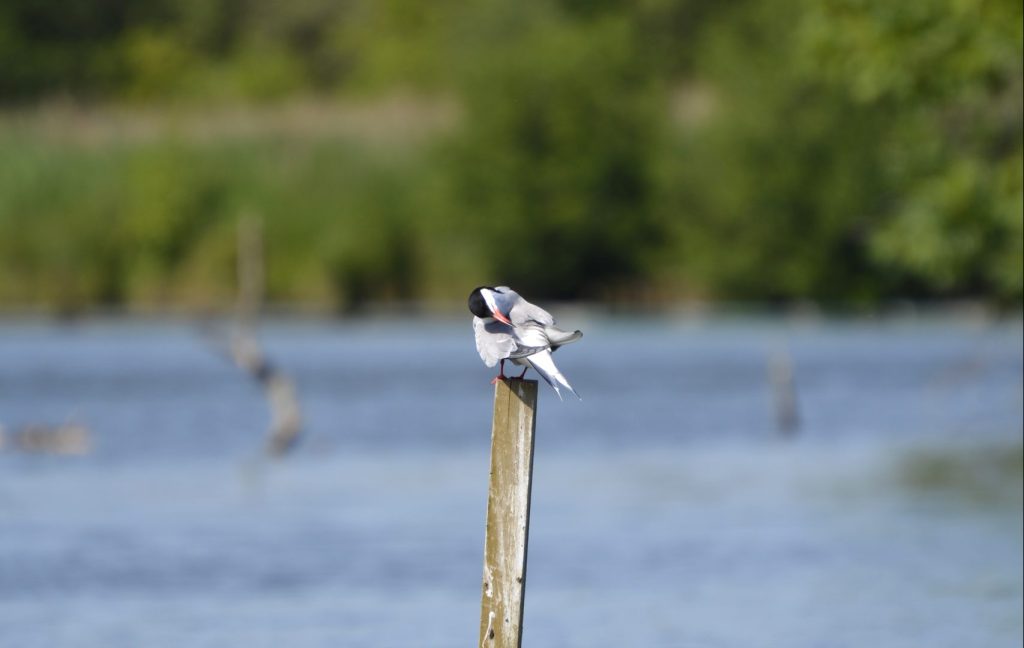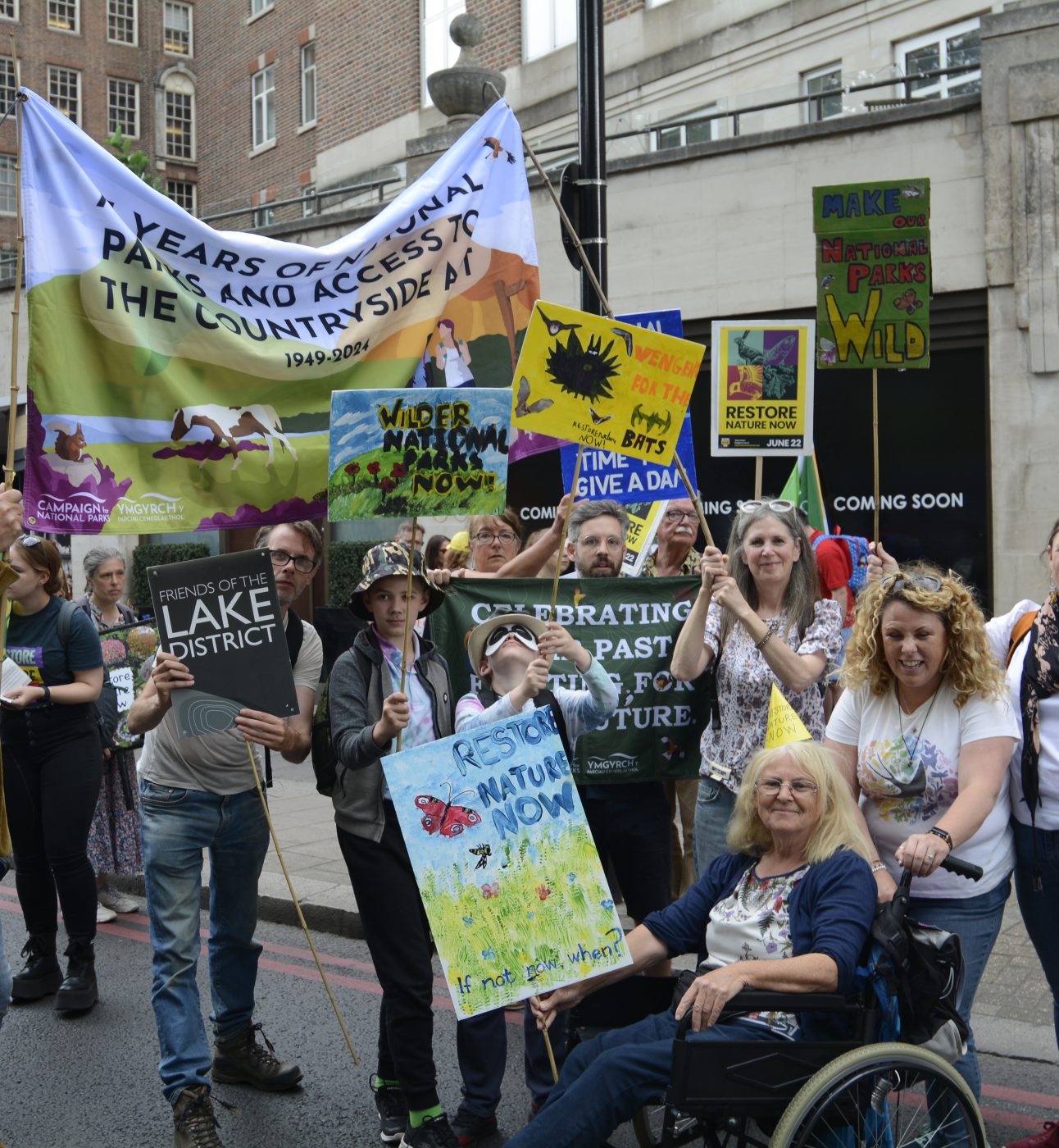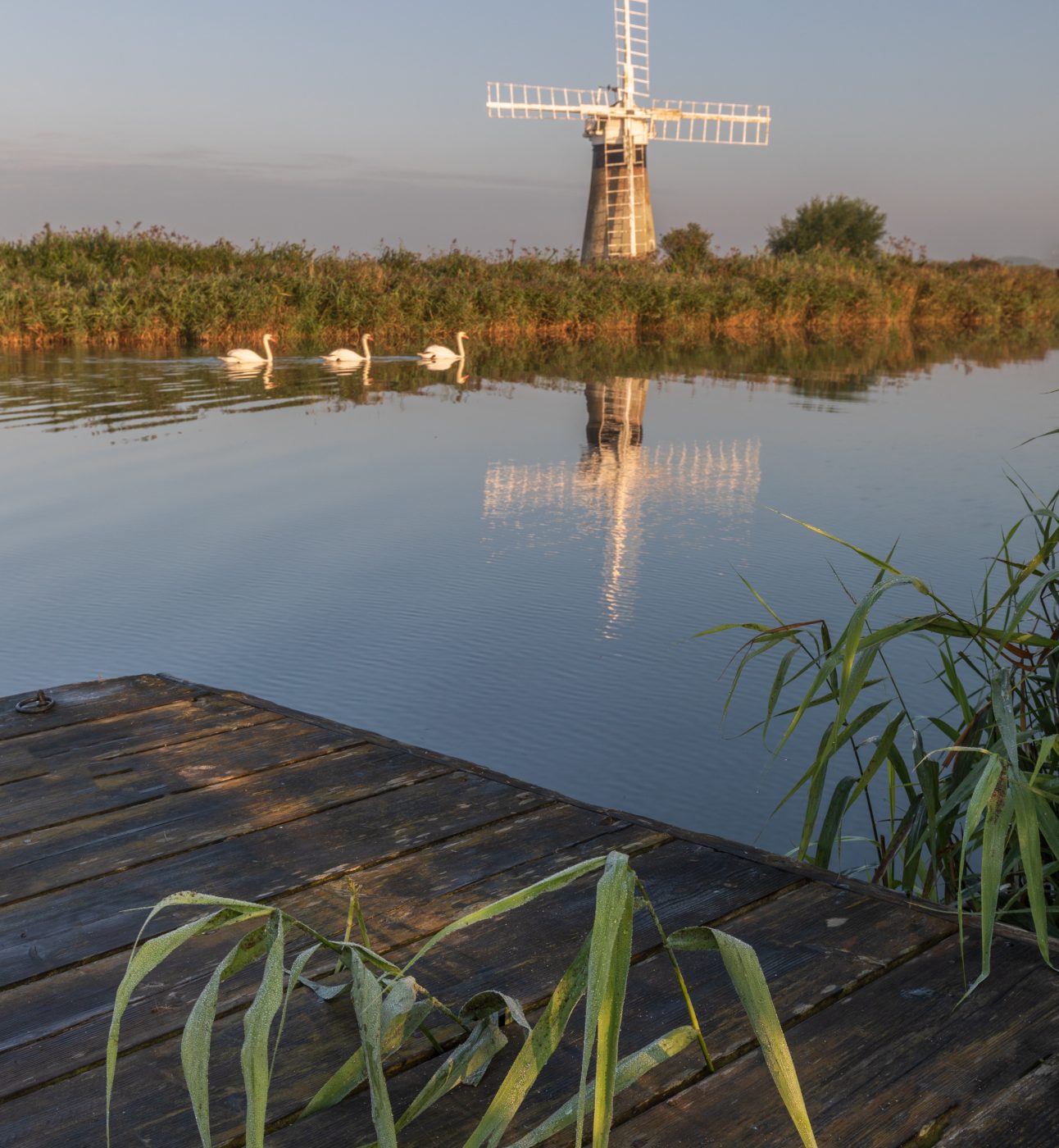What’s your favourite way to spend time in National Parks? Whether you enjoy pushing yourself with adrenaline-pumping adventures or connecting with friends and family on local walks, these amazing landscapes have something for everyone.
More than places for recreation, they are a vital part of our country’s natural and cultural heritage. Here’s why it’s time to come together to fight for their future.
Exploring the Outdoors
Where better to adventure into the countryside than in National Parks? From water sport enthusiasts to intrepid hikers, these areas welcome millions of visitors each year.
The waters off the Pembrokeshire Coast and the lakes of the Lake District, the rugged mountains of Eryri and the breathtaking views out to sea from the South Downs, National Parks provide many opportunities to get outdoors and connect with nature for the benefit of our physical and mental wellbeing.
To local communities, properly managed tourism brings vital revenue, supporting local businesses and creating jobs. By exploring responsibly, visitors build personal connections that set them up to cherish and protect these wild places.
Options like regenerative tourism and promoting responsible access are great ways to preserve these landscapes for future generations of visitors to enjoy.
Supporting Livelihoods
The 13 National Parks in England and Wales are living landscapes home to hundreds and thousands of people, with many more commuting in for work.
Farmers in National Parks provide food that feeds us all and with the right support, they can be at the forefront of safeguarding national food production for future generations. Uniquely placed to manage land for wildlife as well as productivity, there are many great examples of families and businesses spearheading this change across all Protected Landscapes.
Legislation that works alongside these communities and infrastructure development within National Parks for the benefit of local people as well as visitors will ensure their cultural legacy continues to grow in years to come.
